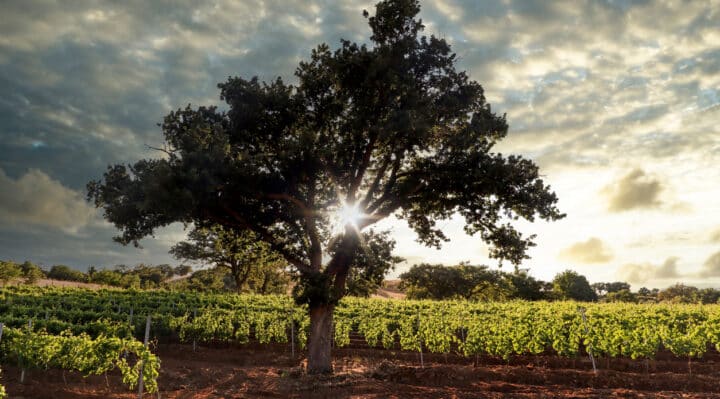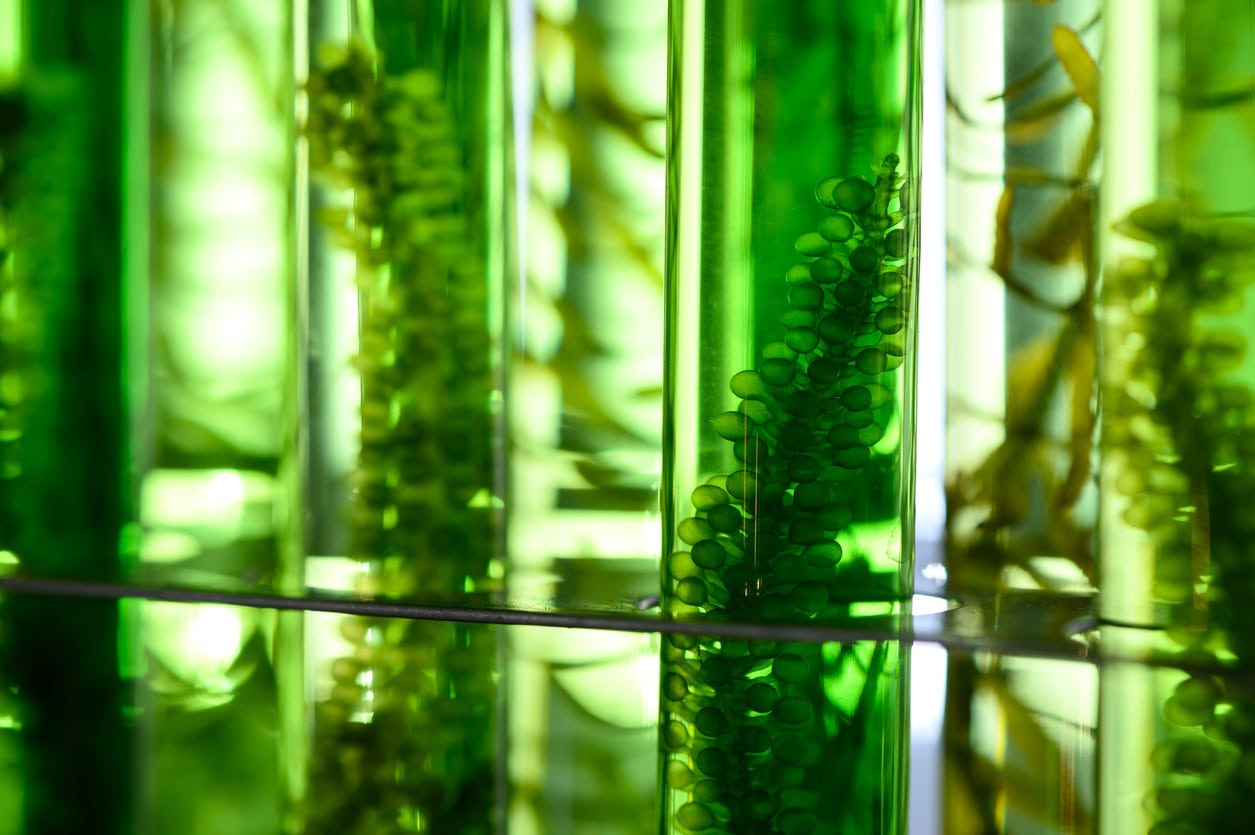
What Does the Term “Sustainable Wine” Mean and Why Does It Matter?
“Sustainable wine” essentially means the wine has been produced environmentally, economically and socially responsibly. Sustainability considers resource management, such as water and energy efficiency, in both the vineyard and winery.
As climate change becomes more of a reality, sustainability is becoming increasingly important in the minds of consumers. The issue is the overlapping terms in the wine industry that often confuse consumers. What you need to know about sustainable wines is, how they differ from other certifications and why you should prioritize them.

Understanding Sustainable Wines Beyond Organic, Biodynamic and Natural Wines
Although there may be some similarities between sustainable, organic, natural and biodynamic wines, it’s important to note they each have distinct winemaking practices and goals. Understanding these differences is key to appreciating the importance of sustainable wines.
Organic & Biodynamic Wines
Biodynamic and organic wines focus on other farming practices leaning more toward making wine without synthetic chemicals in the vineyard or in the wine cellar. This makes them a popular choice among consumers who are ultimately looking to choose wines that aren’t harmful to themselves or the environment.
However, while these options are a great alternative to commercial wines, in many cases, they aren’t feasible options for the winemakers, especially in areas where it is humid or where wines are made on mass scales.
Sustainable Wines – The Holy Grail
Sustainable viticulture, on the other hand, offers an alternative approach enabling vineyards to care for the environment while still producing wine commercially.
These practices go beyond just synthetic chemicals, but include other practical solutions to ensure sustainable measures are in place. This may include the use of cover crops, careful canopy management and using compost as a fertilizer. When chemicals must be used, sustainable vineyards use the minimum amount necessary and keep detailed records of all spraying. Beyond that, certain measures are taken in the cellar to reduce as much waste as possible – whether it be water, energy or byproducts.
Sustainable wine production is about minimizing the environmental impact on all levels, in all areas, while still doing it on a commercial scale. Sustainable wine producers take a realistic approach to mass-market production while ensuring quality and sustainability. They strive to create commercially viable wines while minimizing the impact of their activity on the world around them.

Why Sustainable Wines Matter
To many, the concept of sustainable wines seems too niche and not relevant enough in a world where larger sustainable actions can be taken. But when we consider the size of the wine industry, and the number of resources required to grow, harvest, produce, store and distribute wine, we can see how impactful sustainable wines can be.
In the Vineyard
A single acre of land can accommodate more than a thousand vines and larger wineries often have at least ten acres under cultivation. With millions of vines to manage, harvest and, in some cases, irrigate annually, winemaking can be a resource-intensive process. After harvest, the grapes are transported to the winery where they undergo various processing techniques to turn them into wine. The amount of water used during irrigation varies depending on the region, the winery’s practices and local regulations. However, it’s not uncommon for wineries to use up to ten gallons of water per vine per week.
In the Cellar
Because wine is susceptible to contamination, it’s crucial to maintain exceptionally clean cellars, which require significant amounts of water. On average, wineries use four gallons of water to produce a single gallon of wine. This water is used not only to clean the bottles, but also to sanitize the cellar and equipment, a process that is repeated yearly. Given the volume of wine produced, it’s not surprising winemaking is a water-intensive industry. To reduce their environmental impact, some wineries have implemented water-saving measures, such as recycling and reusing water or adopting dry farming techniques to eliminate the need for irrigation.
If your goal is to conserve more water, it goes beyond just closing the shower tap when lathering your hair. It can mean buying wine from a sustainable wine producer rather than a conventional one.
The Bottling and Distribution
Although there are numerous recycling programs worldwide, the bottling and packaging of wines remain a significant source of single-use products. From the bottles to the screw caps, corks and packaging boxes, winemaking requires a constant stream of resources. However, wineries that implement sustainable practices throughout their production processes can significantly reduce their environmental impact. By taking action to minimize waste, energy use and the consumption of natural resources, wineries can make a tremendous positive impact on the environment.
Key Takeaways
Sustainable wine production is crucial in today’s world, where consumers are becoming increasingly environmentally conscious. Sustainable wine means wine produced with consideration for the environment, society and economics. While organic, biodynamic and natural wines have their own merits, sustainable viticulture offers a practical approach to producing wine commercially, while ensuring the minimum impact on the environment.
Despite the significant amount of resources required in winemaking, many wineries are now consciously taking steps to reduce their environmental impact. The good news is there are numerous areas where wineries can make a difference, from the vineyard to the cellar and beyond.
As consumers, we can choose to support sustainable wine producers who are making a positive impact on the world around us. Sustainability certification programs provide a useful guide to help us identify and support wineries committed to environmental responsibility. By choosing sustainable wines, we can enjoy quality wine while also contributing to a healthier planet.
Author Bio: Hi, I’m Patricia – a wine enthusiast who’s also passionate about sustainability. After studying wine in South Africa, I started an educational YouTube channel to share my knowledge with others. As my passion for sustainability grew, I became more determined to drive positive change in the wine industry and beyond.



Post a comment